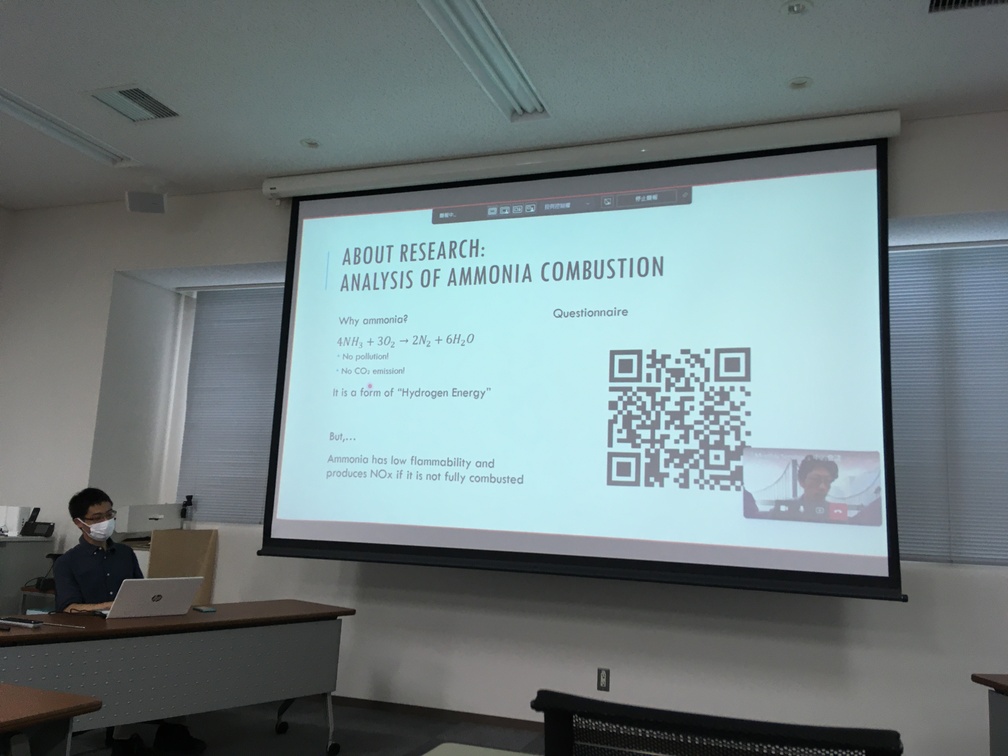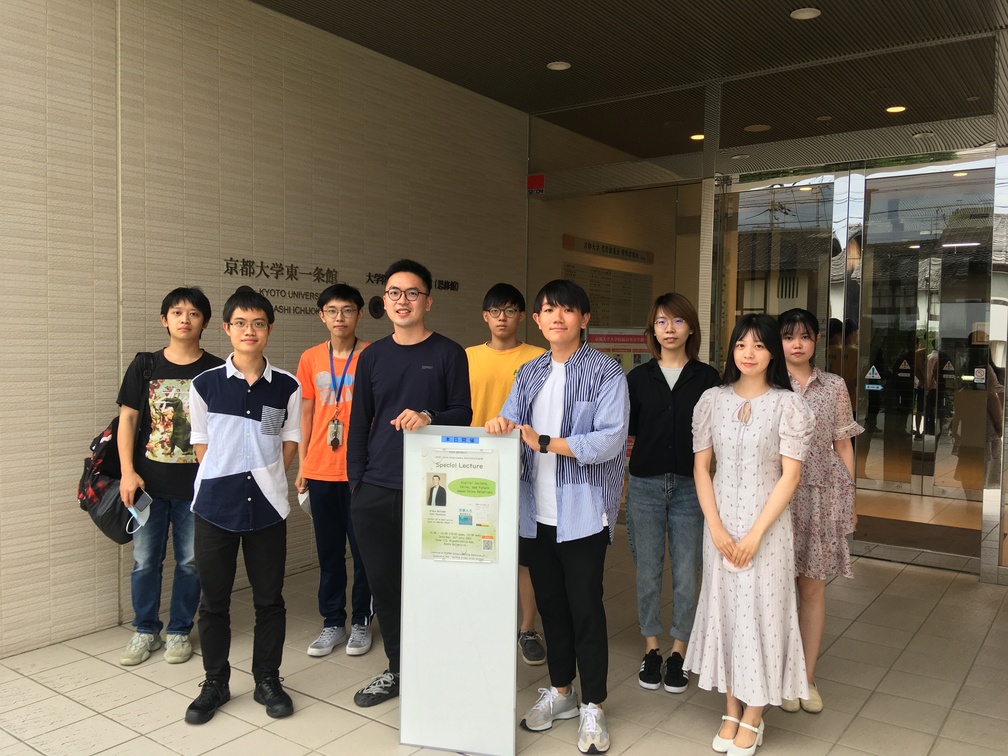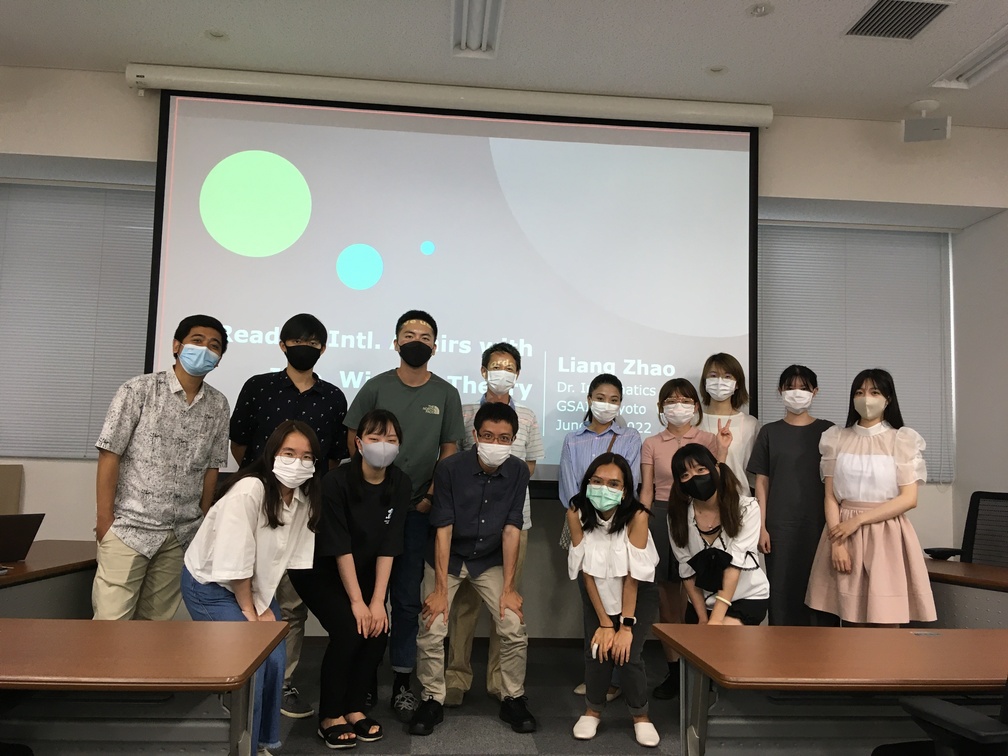Special Lectures in 2023
A scholar is asked to join all of these Special Lectures/Seminars, because they are specially designed for our scholars to help understand the diversity of cultures and consider international issues (especially relevant to East Asia). Those who missed a special lecture (with a strong reason) can take a Special Seminar instead. Notice that the requirement is 6 hours a year, and usually we arrange 3 hours in each semester.
The 2nd: Short Yet Profound:Diving into Japanese Tanka Poetry
- Date: Jan 27 (Sat), 2024
- Time: 14:00-17:00
- Venue: Meeting Room 112/113, Higashiichijo-Kan, Kyoto University
- Speaker: Haruka Suzuki
- Title: Short Yet Profound:Diving into Japanese Tanka Poetry (Flyer)
- Keywords: Japanese culture, Tanka, Poem, Hyakunin Isshu(百人一首)
- Abstract: Tanka is a short Japanese poem with 31 syllables, which are further broken down into 5-7-5-7-7 rhythms. This very simple form has been handed down for over 1200 years. This lecture aims to explore Japanese culture and history by deciphering the imagery found in Tanka poetry, shedding light on the deep cultural significance encapsulated within this traditional art form. As a Tanka poet myself, I depict contemporary scenes and emotions within the traditional 31-syllable form. I would like to share with you the secret of the “sympathy” and “wonder” that underlies Tanka poems. In the workshop time I will show you the traditional card game Hyakunin Isshu(百人一首). Let's experience it together.
The 1st: Reading International Affairs with Information Wisdom Theory
- Date: May 20 (Sat), 2023
- Time: 14:00-17:00
- Venue: Room 201, Higashiichijo-Kan, Kyoto University
- Speaker: Dr. Liang Zhao
- Assoc. Prof. with Graduate School of Advanced Integrated Studies in Human Survivability (Shishu-Kan), Kyoto University
- Keywords: Life, Wisdom, Human society, International affairs, Entropy, Fiction, Leadership, Artificial Intelligence
- Detail: First, from a discussion on what life is with the information wisdom theory, the first part of this lecture tries to explain the evolution of life and human society with a concept called "entropy", i.e., a quantification of disorder and randomness. Then, in the second part, it applies the findings on life and human society to a deeper discussion on the current and future international affairs. In particular, it tries to explain why the human society always have conflicts and wars but can also always move toward to a more united society by common goal, understanding and collaboration with each other. It also tries to provide some hints on how future leaders can act for a "better" future human society. The last part of this lecture will be discussion-based: first by participants working in groups for 30 minutes, then each group presents their results and discuss their questions with the lecturer (normally 20 minutes a group).



